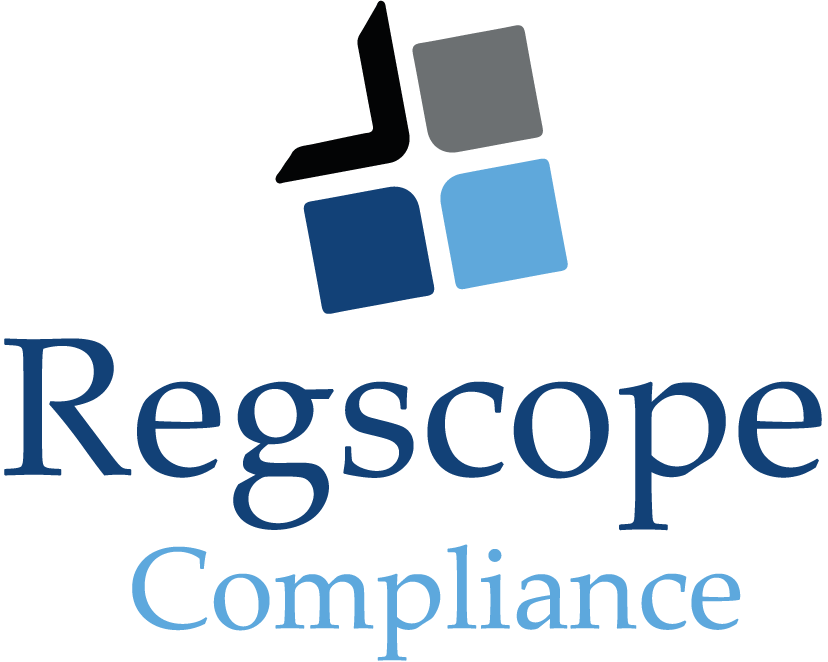
Are Board and Senior Managers Ready Beyond 31st July 2023?
Are Board and senior managers ready beyond 31st July 2023?
By now almost all Firms subject to the Consumer Duty regime have made significant strides to adequately plan, prepare and embrace what the Duty is set out to do. There is no shying away and Board and senior managers will have to comply with this new regime from 31 July 2023, which no doubt, leaves very little time for the implementation of a major new conduct standard for the retail market.
As a reminder, the Consumer Duty is part of the FCA’s package of measures to enhance financial services firms’ duty of care towards their customers. Since the FCA’s first mention of the Consumer Duty rules, they have run a good number of interesting discussions and consultations, including videos, conferences, surveys, and highlighting and changes to the FCA’s own supervisory model.
The result of the Consumer Duty discussion and consultation is a new standard about the conduct of firms that is intended to change the retail market significantly.
The new Principle 12 standard
At the very head of the new standard is a new Principle for Business, which is underpinned by three cross-cutting rules and tested through four outcomes. As a result, the FCA’s focus is firmly on senior management understanding, leadership, and ownership. Setting higher standards and putting consumers’ needs first is central to the FCA’s strategy, and the Consumer Duty is at the heart of this, including the treatment of vulnerable customers, financial exclusion and the ageing populations access to financial services.
Rewind: Senior management accountability
From the FCA’s perspective, they expect the board of a company to assess their customer outcomes at least annually to ensure they are compliant with the Consumer Duty rules and that they are consistently creating positive outcomes for their customer base.
Senior management accountability is a core aspect of the Consumer Duty. Senior managers will be accountable for delivering good consumer outcomes within their areas of responsibility, in line with the Duty of Responsibility and the Conduct Rules under the Senior Managers and Certification Regime. Firms should also have a Consumer Duty ‘champion’ at board level.
A new layer for duty
As part of their Consumer Duty work, firms should review their governance and shareholder structures to ensure they allow for the effective governance of the firm.
The FCA is expecting the board to lead on this significant project. It cannot be delegated to a junior employee or an SMF16, particularly where the SMF16 may not be a board director or partner. Even where the SMF16 is a board member or partner, the role of the SMF16 is primarily to challenge the board on its implementation plan as part of the second line of defence – not lead the project.
Annual Board report
At least once a year, the governing body (the Board) must review and approve the Firms assessment of whether the Firm is delivering good outcomes for its customers. This also includes how the Firm is setting out on how they have met the Duty and highlighting any areas that need improving, which the FCA may ask for.
While the basis of the report will be the firm’s management information (MI) relating to the Duty, senior managers may want to consider taking additional steps to satisfy themselves of the accuracy of the report, in view of the personal liability they may face should it transpire that the firm is failing to comply.
Here is some of the content which the Annual report will address:
- Provide conclusions from Line 1 and Line 2 regular reviews and monitoring of the outcomes that customers are experiencing to ensure that the products and services the Firm provide are delivering outcomes that are consistent with the Consumer Duty
- Identify where customers or groups of customers are not getting good outcomes with root cause analysis that explains why
- Review the processes that the Firm will follow to adapt and change products and services
- Include the Firms assessment of any risks or issues that have been identified, and proposed mitigation plans
Embedding Consumer Duty culture
Changes in culture and behaviour will need to be driven by firms’ senior management, with strong championing and oversight. The FCA has also indicated that it expects firms’ strategies, governance, leadership, and people policies (including on remuneration) to be updated to reflect the Duty. The FCA expects firms’ boards and senior management to ensure that they are embedding a culture in which good outcomes for consumers are central.
Firms should have appropriate oversight of customer outcomes through their systems and controls, while risk functions should pay attention to consumer risks, which should also be a key lens for internal audit.


Leave a Reply